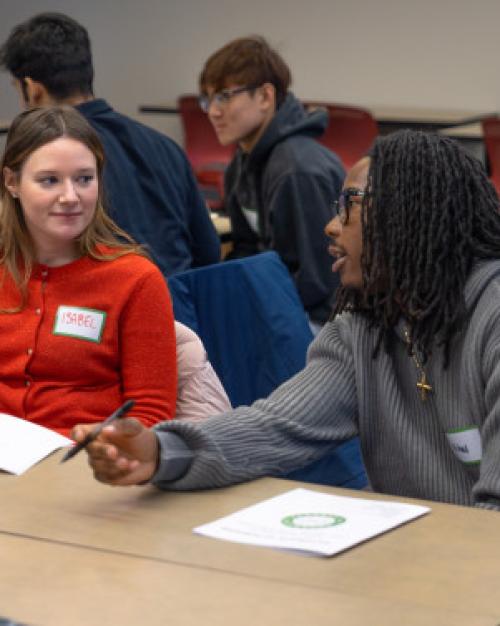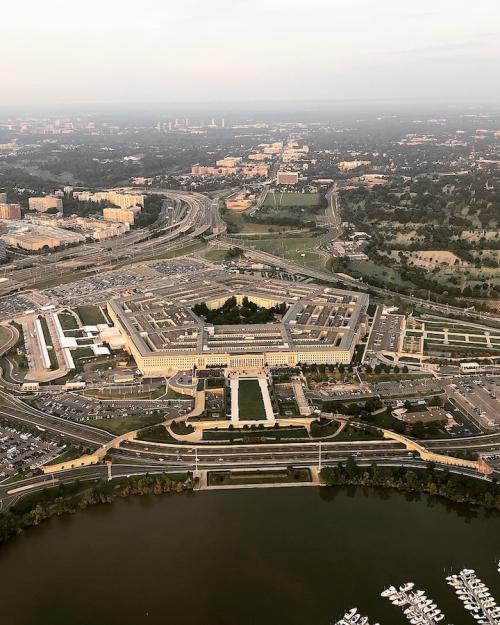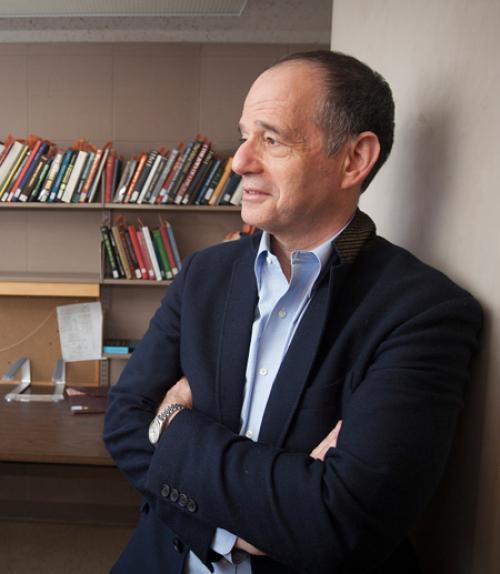Barry Strauss, the Bryce and Edith M. Bowmar Professor in Humanistic Studies in the Department of History, writes in this Wall St. Journal opinion piece that the protectionist and nativist viewpouints espoused by today's politicians are nothing new.
"While nationalism will always be fodder for politicians, today’s leaders need to understand the consequences," Strauss writes.
"As in the past, Americans face a choice. We can erect trade barriers and build walls—and stoke bad will among nations. Or we can continue on the road to peace and prosperity by maximizing free trade in goods, ideas and people (vetted for national security) while offering a plan to bring back prosperity for those in need without re-erecting trade barriers."
A subscription is required to read the entire WSJ piece.




